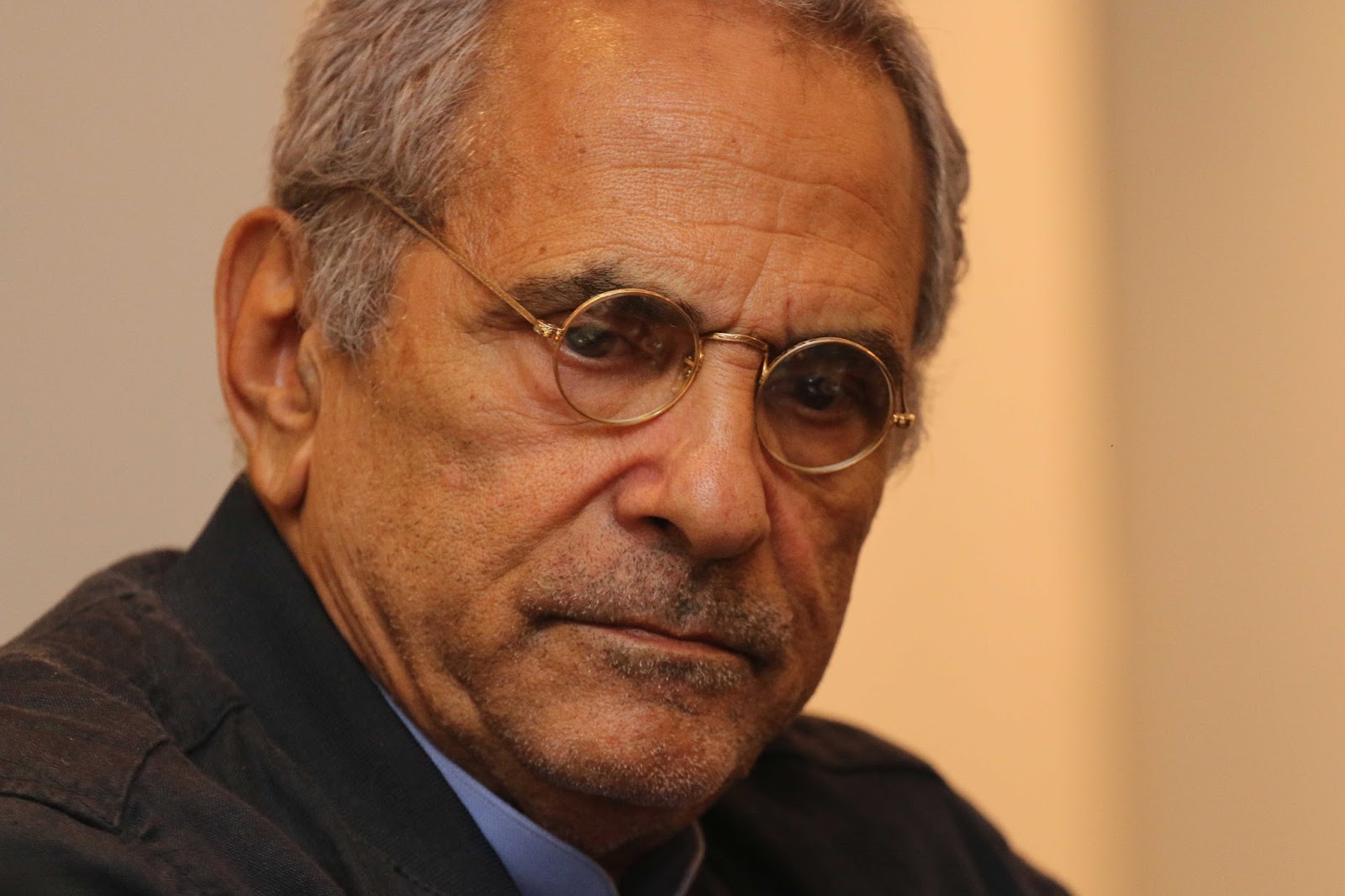East Timor’s President Jose Ramos-Horta says the U.S. and China should talk, not fight. He stresses dialogue over conflict in an interview with Nikkei Asia.
As a Nobel Peace Prize winner, he knows the value of diplomacy. International law matters, especially for smaller countries like Portuguese-speaking East Timor.
Firstly, Ramos-Horta critiques the U.N. Security Council’s ineffective leadership. He points fingers at the U.S. for its role in the Ukraine crisis.
America’s influence in NATO adds to the problem, he argues.
Next, he tackles the U.S.-China tension. He rejects the confrontational approach set by former President Donald Trump.
“China is a rival, not a threat,” Ramos-Horta states. Dialogue must replace antagonism, he insists.
Thirdly, he dismisses the term “Global South” as mostly geographic. It lacks practical meaning, according to him.
Conflicts persist among these nations, reducing the term’s usefulness.

On BRICS, he questions its effectiveness. Will it outperform the G7 or G20? He’s skeptical.
However, he adds that fast and generous financial decisions could boost its credibility.
Now, let’s turn to China’s role in East Timor. They offer quick, affordable loans for infrastructure, he notes.
Compared to slow Western donors, China’s approach wins, he feels.
Regarding the South China Sea, he urges caution. China should rethink its claims to avoid regional conflict.
He praises international law for solving disputes, citing East Timor’s experience with Australia.
Lastly, he’s proud of East Timor’s democracy but is open-minded about governance.
Singapore, for instance, succeeds without a Western-style democracy, he observes. Different models can work, he concludes.
Background on East Timor’s President Jose Ramos-Horta
In summary, Ramos-Horta emphasizes diplomatic solutions over antagonistic stances. His views reflect East Timor’s unique position between Western and Eastern powers.
Notably, his call for dialogue between the U.S. and China rings timely. As global tensions rise, the need for effective diplomacy becomes more urgent.
Additionally, his criticism of the U.N. and BRICS poses crucial questions. Are these organizations fulfilling their roles or merely acting as talking shops?
It’s a wake-up call for global institutions to self-assess and reform.
Lastly, his openness to varied forms of governance adds nuance to global democratic discourse. It suggests that no one-size-fits-all system exists.
Tailoring governance to local contexts could be the key to stability and progress. This is East Timor’s take on BRICS, Global South, and governance.

